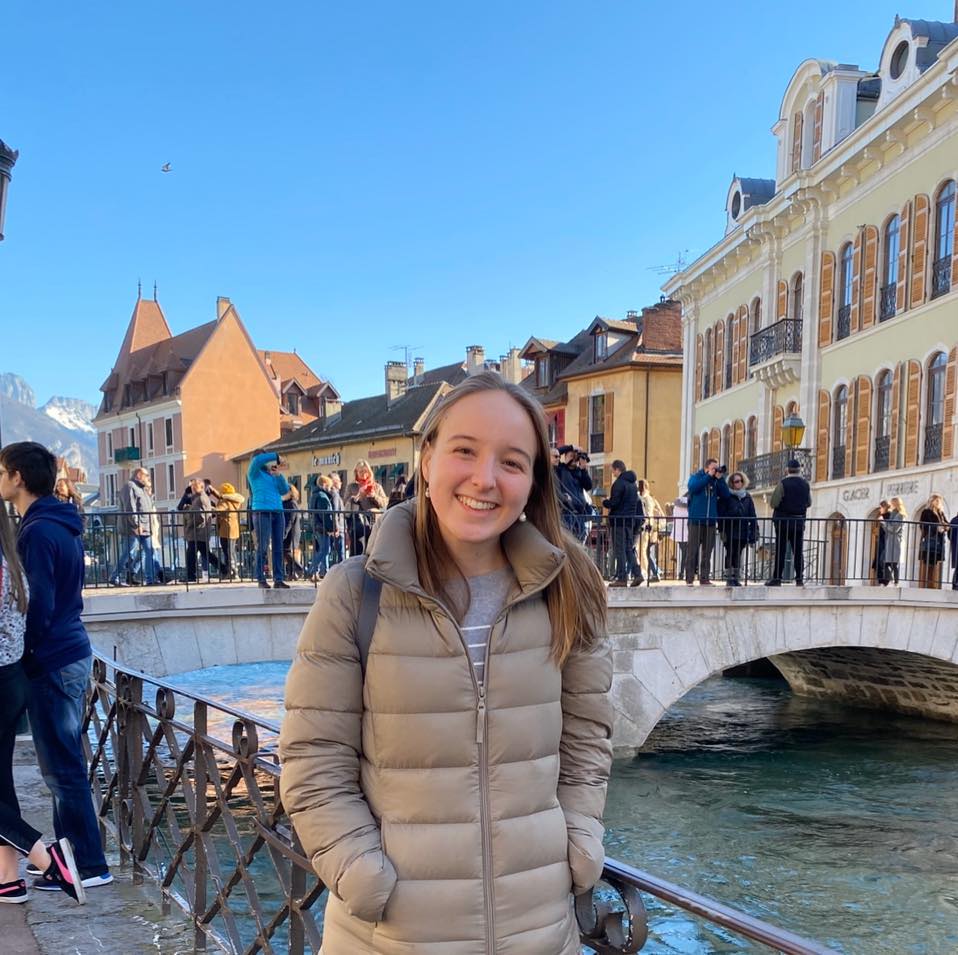A Letter from the New Editor: On Uncertainty
By Anna Cincotta, Editor-in-Chief
To be a journalist, I thought, was to be sure. To know things, and to be certain about them.
But I’ve always been the kid with questions and uncertainty. My writing always leads to more questions than I had before. Learning more, in my life, has always meant more to unpack. More to understand.
Honestly, I’ve always liked that.
I also thought that this meant I wasn’t cut out for newspapers. The Gettysburgian newsroom, though, taught me that journalists love not knowing. In fact, it’s kind of a prerequisite. Answers come from questions, and you have to engage in the unknown—and ask about the unknown—in order to write something worthwhile and informative.
Now, asking the right questions? The ones that promote justice and accountability?
That’s the challenge.
Being uncertain is uncomfortable, but if I’ve learned anything during my editorial experiences with The Gettysburgian, it’s that journalism isn’t about staying comfortable. In fact, journalism embraces the opposite—leaning into the discomfort we’d rather avoid in an effort to inform, question, and empower.
When I took over as editor-in-chief, I promised myself that I would plunge into this discomfort and prioritize the most difficult questions, because the content produced when we do amplifies student voices and provides the campus community with an authentic picture of right now. We produce a historical record when we publish Gettysburgian content, and I fully intend on ensuring that the historical record we’re responsible for drafting reflects an honest, comprehensive snapshot of this moment. The New York Times and The Washington Post don’t take on the role of watchdog for this college and its community, but the inner workings of our administration and our campus must be reported on and translated into something transparent and dialogue-provoking in order to be understood and challenged.
As student journalists, we’re tasked with telling Gettysburg College’s story authentically and completely, which necessitates a dedication to both answers and uncertainty. In other words, our platform, first and foremost, must be used to garner information. But the other, equally important task we must engage with is embracing and diving into the uncertainty we’re confronted with in our pursuit of information.
The journalism we pursue here at The Gettysburgian, I would like to think, can be defined by outlining questions. The story of our campus has a beginning and a middle, but it’s not our role, in my opinion, to determine the ending. Campus newspapers, I believe, should engage wholeheartedly with the middle—crafting chapters eloquently and completely without preemptive declarations and half-baked assertions. We must lean into truth, which requires a dedication to the nuance it demands.
College newspapers, right now, are uniquely situated. Our readers depend on us in unprecedented ways, relying on credible information when making critical decisions about how to proceed as students and members of a larger campus community. The number of questions facing students during this moment in time is incalculable, but in this midst of unbelievable uncertainty, if there’s anything I can promise you, it’s this: The Gettysburgian will not stop pursuing truth and informing our community. I care too much to to let our collective history fall through the cracks.
In times of crisis and uncertainty, news organizations have a heightened responsibility to their readers to inform and—maybe even more importantly—to capture the uncertainty defining the moment. Honest and fact-based journalism is at the heart of functional democracies and, I would render, the heart of functional college campuses.
Journalism heightens accountability, accountability breeds quality, and I fully intend on pursuing and amplifying the stories that will push this campus towards improvement. Uncritical lenses are the most dangerous ones to fall into because they presuppose perfection, an impossibility when it comes to controlling entities like governments and administrations. Capturing the imperfections and asking the right questions, while leaning into the complexity defining our local and global environments, is the only way to do great work, journalistically speaking.
Prioritizing nuance comes with a lot of work, but the real answers and most transformational, positive changes stem from the most difficult pursuits. I can’t wait to pursue the kind of storytelling that leaves us both informed and engaged—wanting more from both ourselves and our community.

